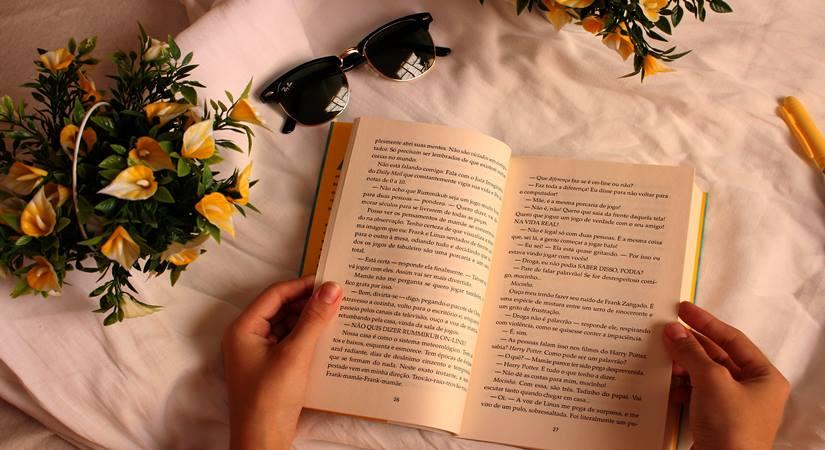New Delhi, July 01 – There’s nothing like a good read to get you through the sweltering days of July. Check out these titles:
India’s Secret War By Ushinor Majumdar
There are millions of tiny acts of resistance during any fight for liberation. Some of those result in victories and some in defeats. The Bangladesh Liberation War is full of such stories where India participated in these acts of resistance but till now, it has largely remained a secret, gathering dust in the BSF’ s archives.
India’s Secret War by Ushinor Majumdar is the first detailed, public telling of how India, through the BSF, trained, equipped and fought side-by-side with the regular and irregular forces of Bangladesh. This was above and beyond the paramilitary force’s mandate to guard borders. And the BSF did not fight with only guns-it also reached out to the Awami league leaders, arranged direct meetings with the Indian PM and helped set up the first and exiled democratic government of Bangladesh.
Dreams of a Healthy India | Edited by Syeda Hameed and Ritu Priya
Dreams Of A Healthy India looks at the state of health care in india and the means to democratize it with more pro-people design elements. it features the views of some of the foremost experts in the health field, demystifying the issues of health care systems for the general reader, and simultaneously provokes rethinking on several critical dimensions through writings by policymakers, practitioners and academics. this volume suggests that an indigenously developed health-care system, based on public-community partnerships, and respect for the plurality of needs, experiences and knowledges, can generate such health care for every Indian.
Office Secrets by Harish Bhat
Office Secrets offers a selection of fascinating and useful secrets that can help you be far more successful at your workplace. As a bonus, they can make you happier as well. You will find within a range of subjects-whether the best methods of fighting exhaustion, organizing your work desk, the power of listening, why kindness is so important, workplace lessons from Hercule Poirot and what you can learn from the cookies that your colleagues eat.
Varavara Rao by N. Venugopal and Meena Kandasamy
Varavara Rao: A Life in Poetry is the first-ever collection in English of poems by the Telugu poet, selected and translated from sixteen books that he has published. Having begun to write poetry in his early teens, Varavara Rao, now in his early eighties, continues to be a doyen of Telugu modern poets.
He was a consistent comrade-in-letters to all the social movements from the 1960s to the 2010s, and this volume is a capsule of momentous social history captured in his poetic imagination.
The poems in the collection offer an artistic blend of tender response and thoughtful reaction to social realities, as well as an explosion of powerful emotions from a voice sought to be subdued. Varavara Rao’s poetry, more than anything else, is an offering of solidarity to the voiceless, the underdog and the oppressed.
Goa, 1961: The Complete Story of Nationalism and Integration by Valmiki Faleiro
The subject of the liberation of Goa in 1961 and its integration into the Indian Union in 1962 is sparsely understood at best and misunderstood at worst. Faleiro lucidly outlines the prevailing political atmosphere and its changing character, the part played by indigenous independence movements and freedom fighters leading to the liberation of Goa, and the impact of its consequent assimilation into India. Extensively researched and extremely well-written, Goa, 1961 is a seminal book on an important subject and a must-read for anyone interested in Indian history.
This book starts with the background of occupation of Goa by the Portuguese in the year 1510 – the first foreign occupier in India, older than the Mughals. It deals with history of the resistance put up by natives of Salcete against the colonial occupier barely fifteen years from the time Salcete came under Portuguese rule. It provides a backdrop of life and politics in Goa, in the face of changing political and economic vicissitudes in Portugal, and the birth of local nationalism. From the time Portugal came under a dictatorship in 1928 to after India attained Independence in 1947, it deals with the local aspiration for freedom and India’s diverse non-violent steps for fourteen years (1947-1961), ending finally with a detailed account of India’s military operation that relieved the colonial yoke and its aftermath – locally, in India and across the world (Portugal was an European country, a member of the North Atlantic Treaty Organisation NATO). It is the first book to shed light on all aspects of a story little understood at best or misunderstood at worst.











